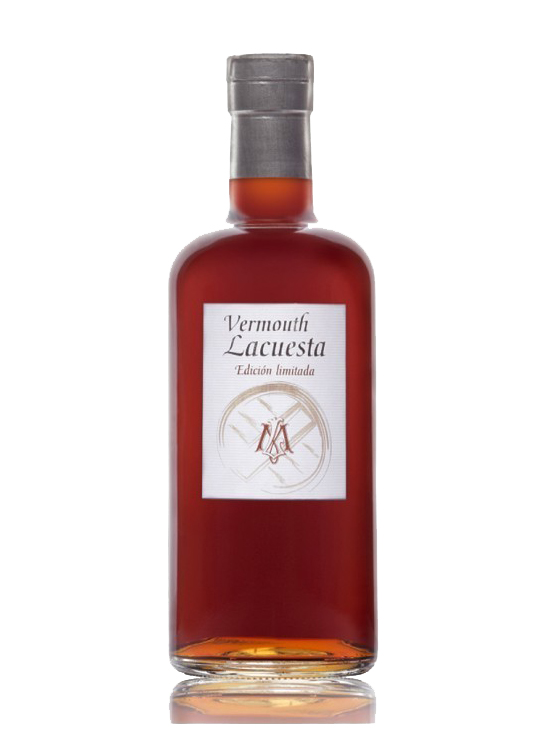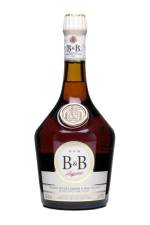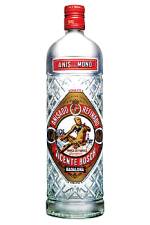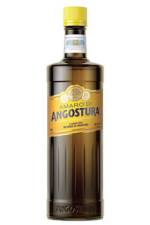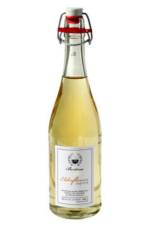Description
Lacuesta Edicion Limitada Vermouth
Félix Martínez Lacuesta founded the bodega in 1895, together with his brothers. He was the first president of the National Society of Winemakers and Associated Industries and he directed the La Rioja Wine Syndicate.
The year 1937 saw the start of production by hand of vermouth, using plants and aromatic herbs cold-macerated in selected white Riojas. The following illustration shows the gold-embossed 1937 label. In the Libro de Registro de Alcoholes (the Spirits Record Book) of the company we can see the first entry of August 1937 mentioning “1290 litres of wine for making vermouth” and in the Lista de Precios de 1937 (1937 Price List) its price was 1.80 pesetas per litre, unbottled. From the first moment it was well received as an aperitif by consumers and production has increased ever since.
The history of vermouth: Vermouth is the French word for artemisia from the German ‘wermüt’, ‘common, or absinthe wormwood’ in English. In Spanish it can be both vermú and vermut: all words which evoke vermouth of the classic type. We could go back to ancient times when Hippocrates is said to have invented ‘Hippocras’ by macerating artemisia flowers in wine or back to ‘wermüt’, the aromatic wine of 16th century Germany. However the true inventor of vermouth was Antonio Carpano in 1786 Turin, whose wine became the fashion in Piedmontese society of the time. There on the border between France and Italy vermouth production became an industry, with the addition of more ingredients and spices from the Far East.
What is vermouth? It is a flavoured fortified wine made from other base wines and suitable spices, especially Artemisia, sweetened with sugar, caramel and grape must. Among the many spices and flowers used in its manufacture we should mention: wormwood of course, star anis, fennel, cloves, cardamom, orange peel, vanilla, cinnamon, sage, nutmeg, ginger, lemon balm… and many more, but that’s a secret of the best vermouth makers. As many of the flavours and aromas imparted to the wine are bitter, the wine-maker needs to be a liqueur-maker as well, to get the balance and intensity right.

